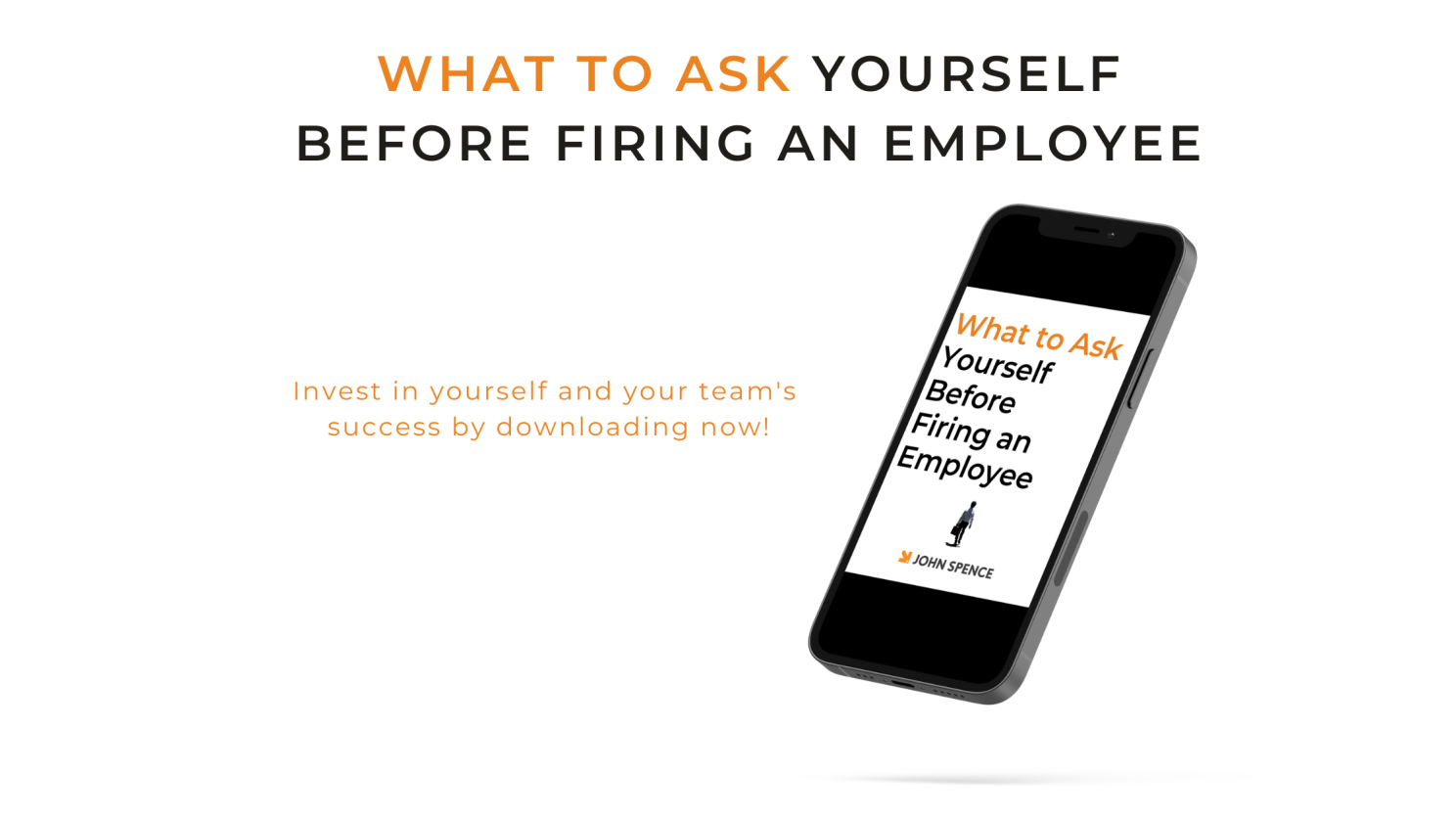Here Is the Note I Received From My Colleague
Hey, my friend! Wanted to check in with you a bit more on that last accountability video you posted.
Your point about tracking employee progress has set me thinking. I am not sure what the underlying challenges to a culture of accountability are with many of the companies you engage with but I wonder about the cultural/historical undercurrents of them, in my context.
I may be overthinking somewhat but I feel like the colonial system in my country has left a sense of mistrust in employer-employee relations. It seems to be often the case where employers are tracking employees to make sure they dot every ‘i’, while almost treating them as incompetent and employees don’t feel trusted to do their job.
Barring the exceptions to the rule, how do we look at psychological safety in this mix? And that’s on both sides of the fence. How do we look at helping both employer and employee to be more trusting of each other so that the accountability culture grows and thrives?
My Response
This is a great question and challenging to answer. I have worked in many cultures worldwide where the “boss–employee” relationship is very hierarchical. When the boss says “jump,” the employee replies, “How high and how many times, Sir?” (As it is almost always a male). It is exceedingly hard to overcome this sort of ingrained interaction.
I believe that changing an organizational culture such as that all starts with the leader. If the top person in the organization treats others with respect, creates high levels of psychological safety, and often asks for feedback and ideas, they are setting the tone for the entire organization to act that way. The senior leader must abandon a dictatorial leadership style based on power and adopt a transformational servant-leader approach.
In addition, they must refuse to tolerate anyone who does not behave that way. A good friend of mine, a former military officer, said, “The behavior you walk past is the behavior you will get.” It must be clear that treating employees in a condescending or demeaning manner is unacceptable.
To reverse this sort of dysfunctional culture, the key leaders in the organization must be a living example of caring for their employees with dignity, trust, and appreciation. I often say, “As goes the leadership team, so goes the entire company.” I think that sums it up nicely.
Before letting an employee go, careful consideration is crucial. That’s why I’m excited to offer a free white paper: ‘What to Ask Yourself Before You Fire an Employee.’ Gain insights on effective management and decision-making, and ensure your company’s values and culture are upheld.

